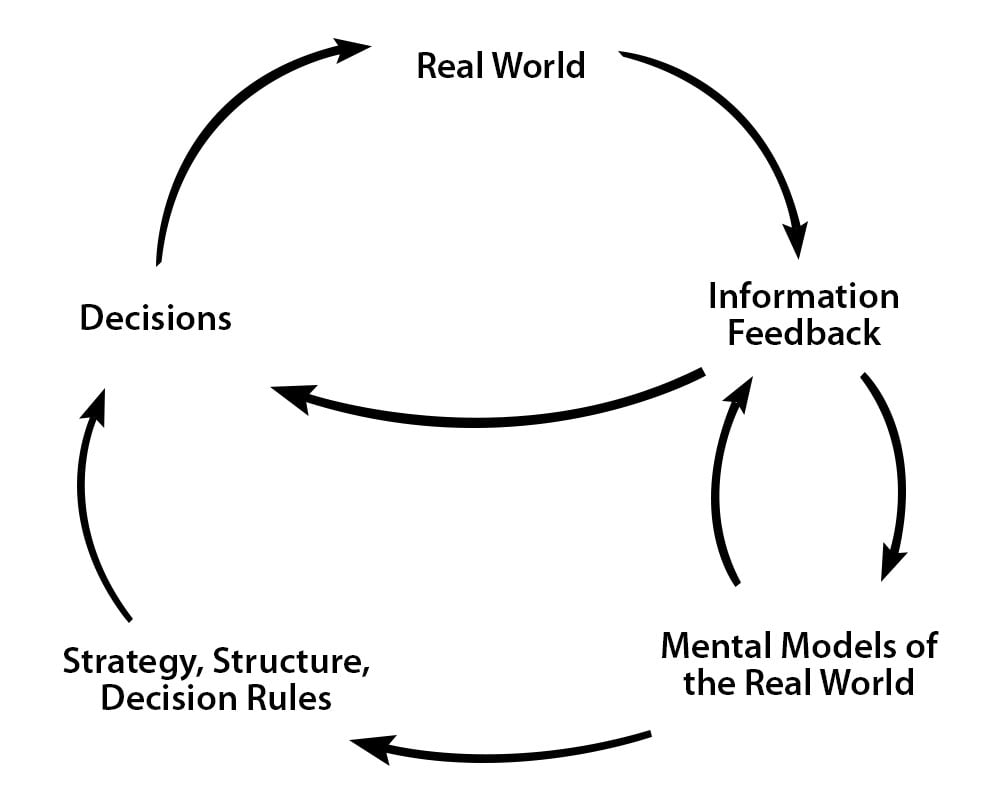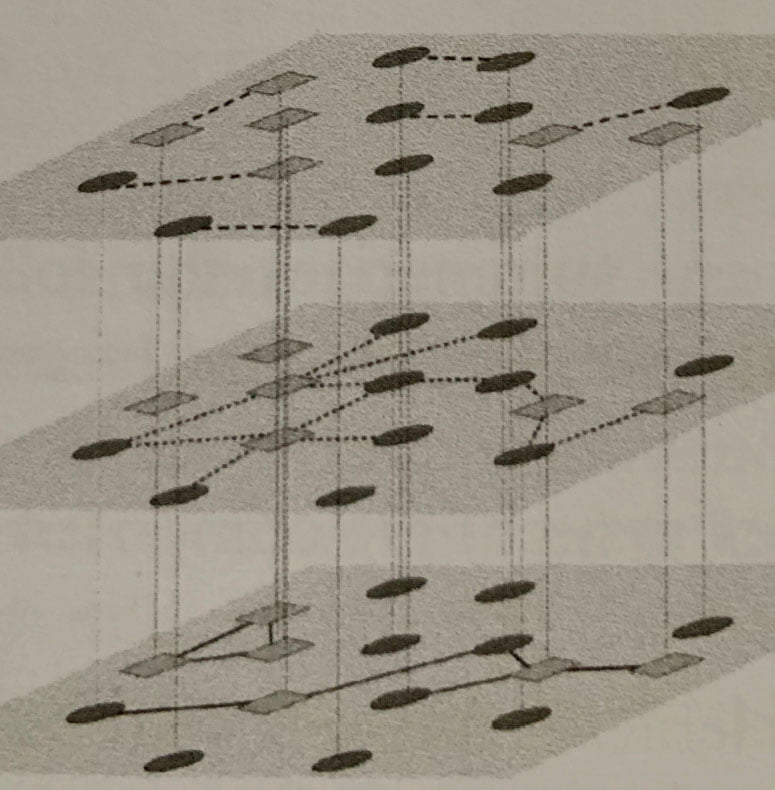Context Introduction: Turbulent Change and Evolving Skills Landscape
The World Economic Forum (WEF) issues a report periodically called, “The Future of Jobs”. It says—The Fourth Industrial Revolution, which includes developments in previously disjointed fields such as artificial intelligence and machine learning, robotics, nanotechnology, 3-D printing, genetics, and biotechnology, etc, will cause widespread disruption not only to business models but also to labour markets over the next five years. Consequently, enormous change is predicted in the skill sets needed to thrive in the new landscape, characterized by hyper-competitive change governed by a turbulent environment. The changing skill set and its expected trend are shown below in Exhibit 1.0 which indicates the growing emphasis on Critical Thinking and its applications for Solving Complex Problems.
Top 10 Skills in:
| 2025 | 2020 | 2015 | |
| 1. | Analytical thinking and innovation | Complex problem solving | Complex problem solving |
| 2. | Active learning strategies | Critical thinking | Collaborating with others |
| 3. | Complex problem solving | Creativity | People management |
| 4. | Critical thinking | People management | Critical thinking |
| 5. | Creativity, originality, and initiative | Collaborating with others | Negotiation |
| 6. | Leadership and Social Influence | Emotional intelligence | Quality assurance |
| 7. | Technology use monitoring and control | Judgement and decision making | Service orientation |
| 8. | Technology design and programming | Service orientation | Judgement and decision making |
| 9. | Resilience, stress tolerance & flexibility | Negotiation | Active listening |
| 10. | Reasoning, problem-solving & ideation | Cognitive flexibility | Creativity |
Concept of Change in Mental Models: Linkage between Critical Thinking and Complexity Management
1. What is Critical Thinking?
Critical thinking is the ability to think clearly and rationally about what to do or what to believe. It leads to the evolution of existing mental models of our universe or the formation of totally new mental models. It includes the ability to engage in reflective and independent thinking. Someone with critical thinking skills is able to do the following :
- Understand the logical connections between ideas or constructs
- Identify, construct and evaluate logical arguments
- Detect inconsistencies and common mistakes in reasoning
- Solve problems systematically
- Identify the relevance and importance of ideas
- Reflect on the justification of one’s own beliefs and values
- Utilise feedback from the real world in the learning process and refine the mental models as shown in Exhibit 2.0.
Critical thinking is not a matter of accumulating information. A person with good memory and who knows a lot of facts is not necessarily good at critical thinking. A critical thinker is able to deduce consequences from what he or she knows, and he knows how to make use of information to solve problems and to seek relevant sources of information to inform oneself.

2. What is the nature of Complex Problems and Systems?
Complex Systems are Meta Systems with Co-Evolving Multilayer Networks represented by nodes and links as in Exhibit 3.0. Co-evolution means that interactions between the elements change the states of the elements and hence the nature of the system varies with time. Hence in complex systems, interactions may change over time. For example, a financial system is a multilayer network that could comprise a network of banks at a given moment, where shapes represent the wealth of a bank and links represent the assets that connect the banks with each other.

A full line may represent credit relation, a broken line could represent derivative trading, and dotted lines representing if one bank owns a share in the other bank. Depending on that network the banks would make a profit or loss in the next time step.
3. Challenge of Modelling Complex Systems: Enabling Tools of TISM and System Dynamics
In the context of the turbulent environment, we are all facing due to the COVID 19 crisis our mental models representing the changed reality must also change. Conventional methods and tools to enable this mental transformation would not be adequate due to the enhanced dynamic complexity of the current situation. Hence we need a new set of tools to aid the critical thinking process for the formulation of new mental models of complex systems, better understand its dynamic characteristics and adequately respond to its counter-intuitive systemic behavior. The human mind is well adapted to building and using models that relate to objects in space. Also, the mind is excellent at manipulating models that associate words and ideas. But the unaided human mind, when confronted with modern social and technological systems is not adequate for constructing and interpreting dynamic models that represent changes through time in complex systems.
To overcome this problem, tools such as Total Interpretive Systems Modelling (TISM), which is a systematic process used to transform poorly understood mental models of systems into a well-defined structural model suitable for study and refinement by using interpretive management techniques, useful for many purposes. The process of System Dynamics offers another set of computer-based modeling and simulation tools that may be used in conjunction with TISM, invoking concepts and practices from the field of modern Control Engineering, Cybernetics, Game Theory, etc.
Conclusion: Relevance to Business and Social Problems, Shifting Nature of Total System Economics (TSE).
In today’s globalized world there are ever-increasing degrees of interactions and thereby interdependencies between various kinds of systems, either business or social. Both are aided by the ever-increasing usage of modern technologies which has enhanced their dynamic response. A typical example is the global nature of green supply chains that feeds manufacturing or service operations or public distribution of food and drugs across the world. This characteristic results in the behaviors that are typical of complex systems, which are very often counterintuitive in nature. Hence conventional management logic alone cannot help a business manager navigate the complex landscape.
The ability to maximize business performance by identifying and tracking the ever-changing profit zone in modern value chains is a complex task of identifying the shifting nature of Total System Economics. The tools mentioned above and their application would bring in the capability and increased sophistication required for the organizational resilience needed to deal with higher-order complexity management which the conventional problem-solving tools cannot offer. It is time to upgrade the cognitive skills of leaders and managers across all kinds of organizations to a higher level to guarantee competitiveness under hyper-competition between complex value chains.
***






